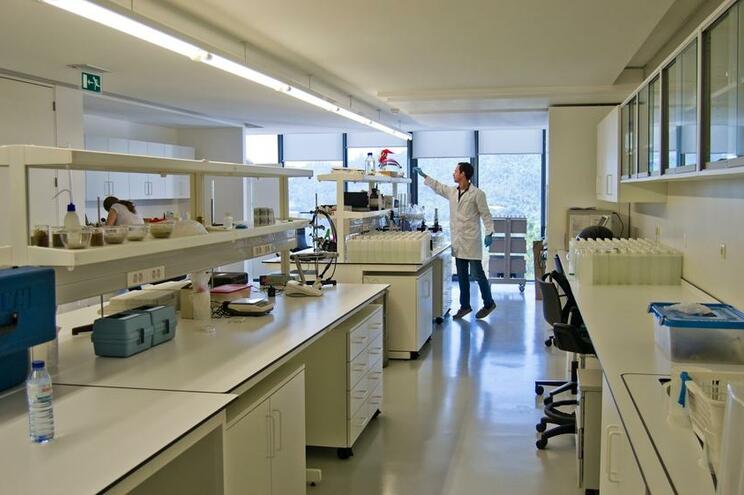ACCREDITATION PLACES THE NATURAL RADIOACTIVITY LABORATORY AT THE VANGUARD OF THE IBERIAN PENINSULA
A LABORATORY WITH LABORUM IBÉRICA'S INDUSTRIAL BRAND!
The Laboratory of Natural Radioactivity (LRN) of the Department of Earth Sciences of the Faculty of Sciences and Technology of the University of Coimbra (FCTUC) is the first laboratory in the Iberian Peninsula to obtain ISO 17025 accreditation.
This standard is international and serves for the evaluation of all radiological parameters that enable us to respond to the overall requirements imposed by the European Union on protection against the dangers of exposure to natural radioactive substances.
This seal of reference quality awarded by the Portuguese Accreditation Institute (IPAC), the accreditation body in Portugal, results from a complex and demanding process that lasted more than two years.
“It was a long journey, with a very high degree of demand, but this certification is the recognition of LRN as a national and international reference center, which complies with a strict quality system and good practices. This means the seal of maximum confidence for institutions that seek our services ”said Alcides Pereira, director of the Natural Radioactivity Laboratory.
On the other hand, with the accreditation now obtained, Portugal no longer has to resort to foreign laboratories to carry out some tests because “the FCTUC Natural Radioactivity Laboratory is now able to respond to all the radiological parameters that are contemplated in the legislation latest (Community Directives) on natural radioactivity. He is the first in the Iberian Peninsula to obtain accreditation for all the parameters imposed by the European Union ”, explains the professor at the Department of Earth Sciences at FCTUC.
It also allows the creation of a pole of excellence in the area of Natural Radioactivity - radioactivity that is present in the environment and that originates from natural elements (water, air, building materials, etc.), in order to contribute to the scientific and technological development of sustainable practices that protect people's health.
In this sense, Alcides Pereira defends the elaboration of a risk map that identifies the most problematic areas of the country regarding the exposure of human beings to ionizing radiation of natural origin. “We are continuously exposed to different sources of natural radiation, which is why it is necessary to understand which places are the most problematic in Portuguese territory and to propose measures that protect populations and that allow to mitigate the impacts of this exposure. There are some studies, but they are punctual. For example, knowing that the Center region is the area of the country most affected by the problems associated with the exposure of ionizing radiation of natural origin, it is important to understand and control the level of exposure ”, he observed.
The FCTUC Natural Radioactivity Laboratory, which dates back to 1999, is currently involved in a pioneering work on environmental remediation of uranium mines worldwide, focused on the recovery of the dwellings of the former miners of Urgeiriça, as well as a study on radiological quality of the country's drinking water.
Source: Jornal de Notícias
